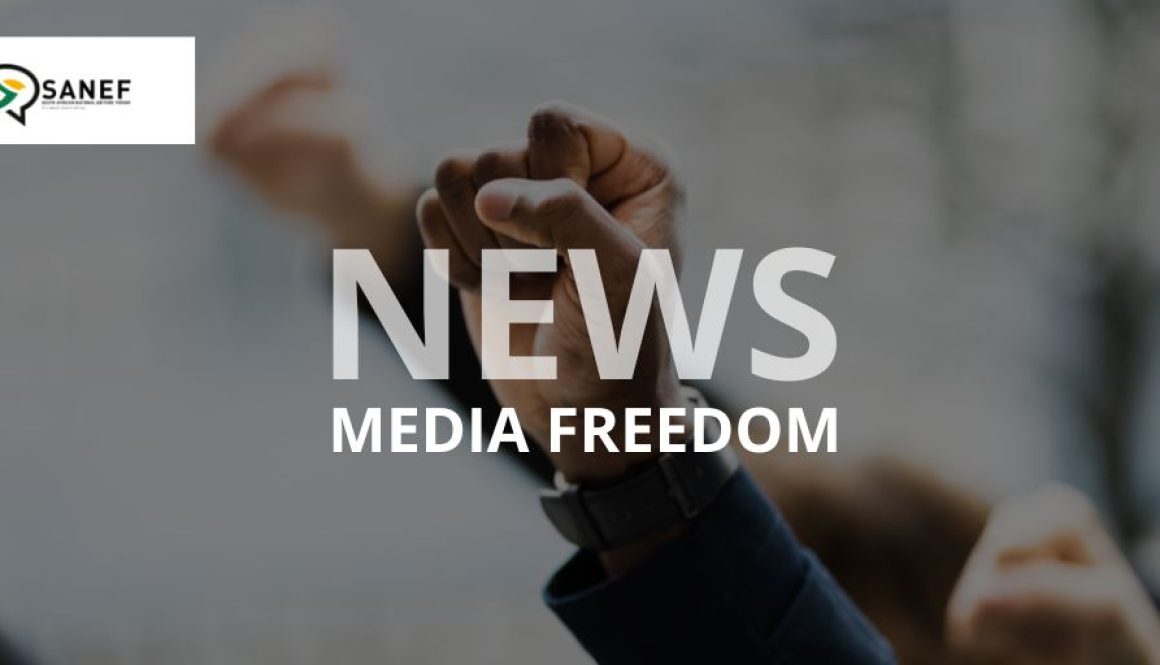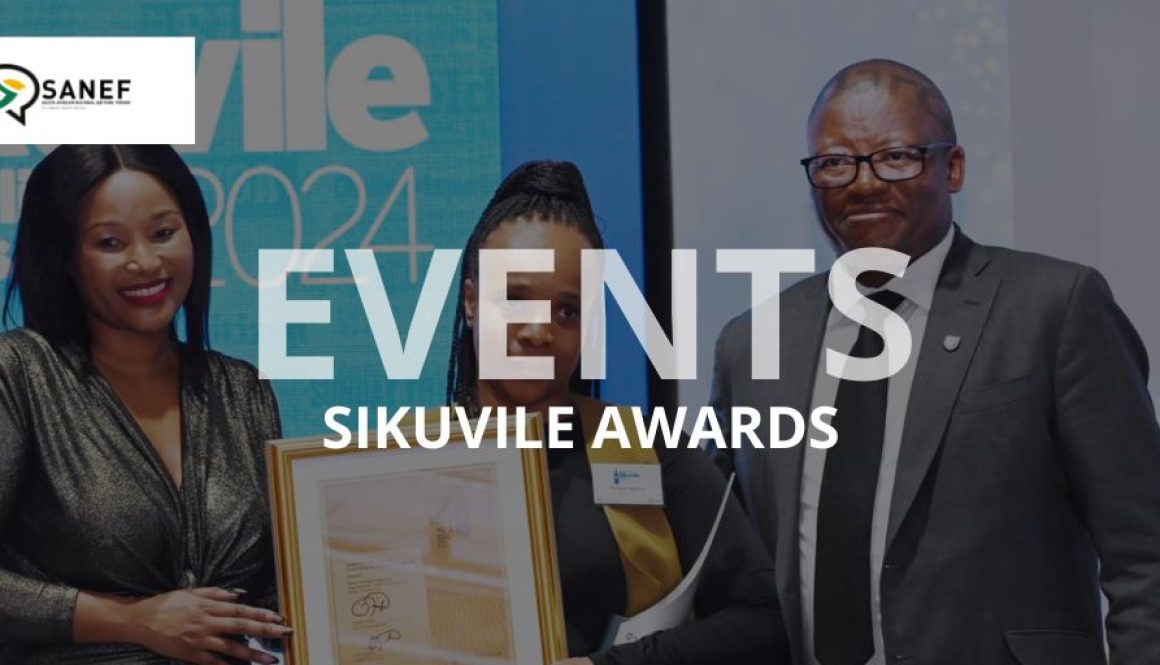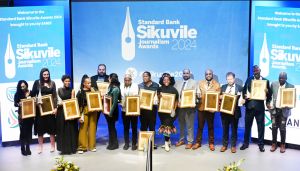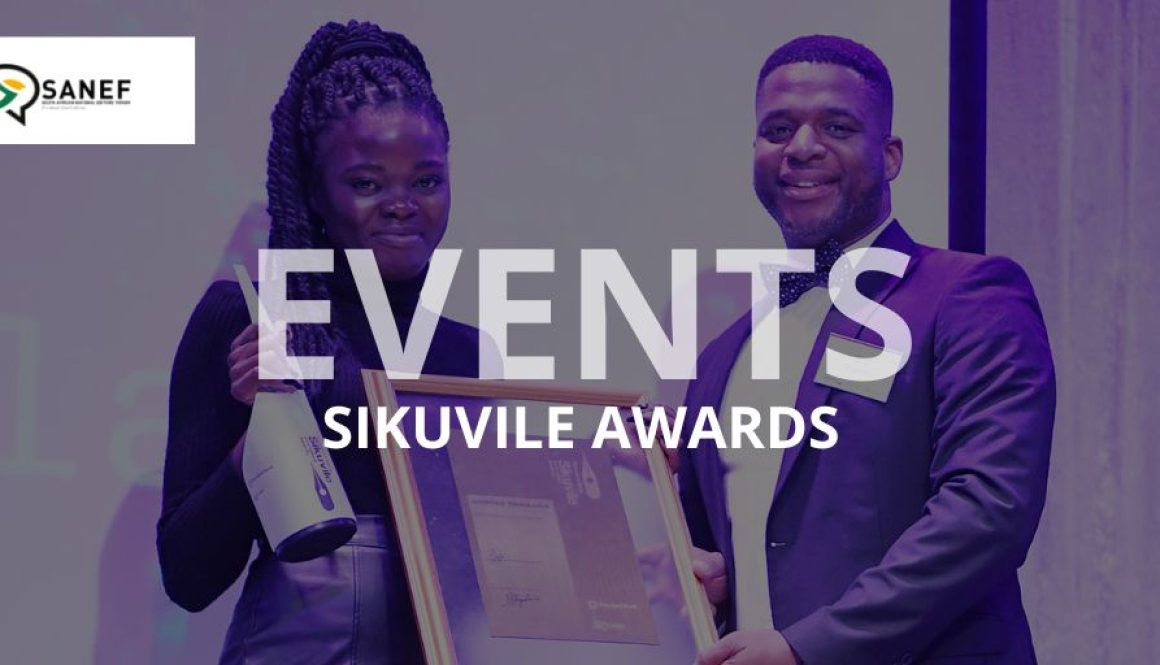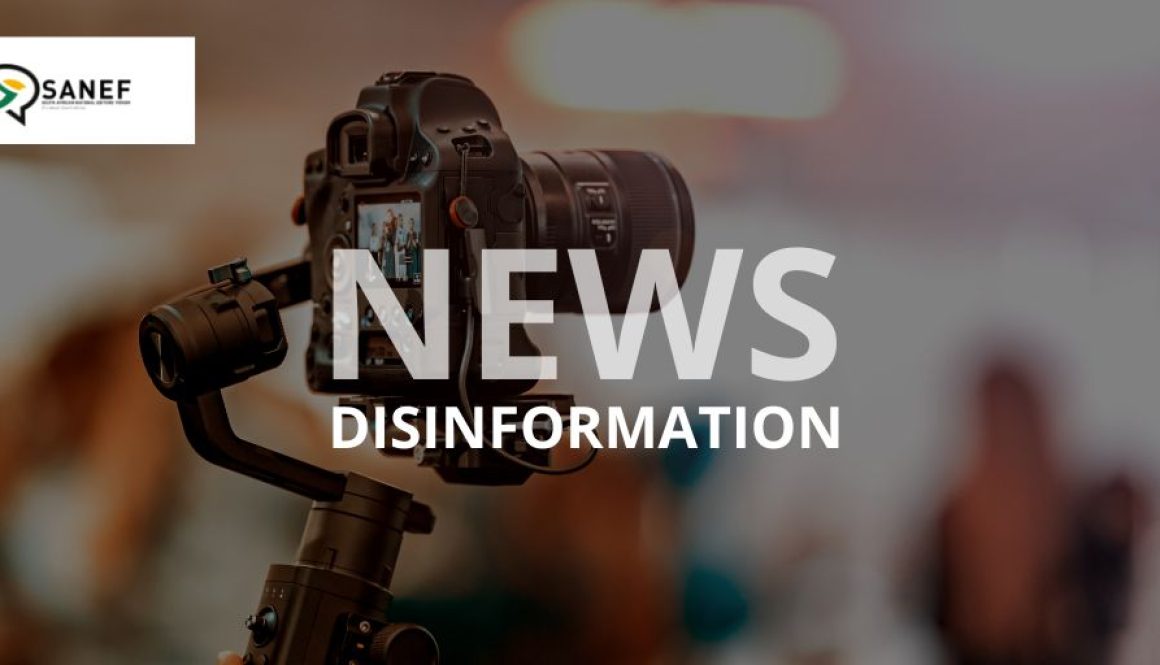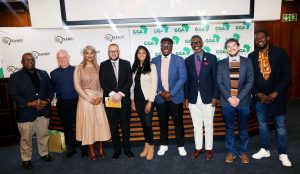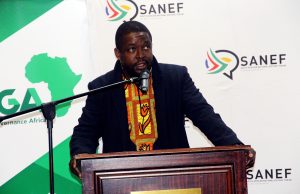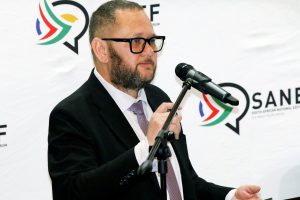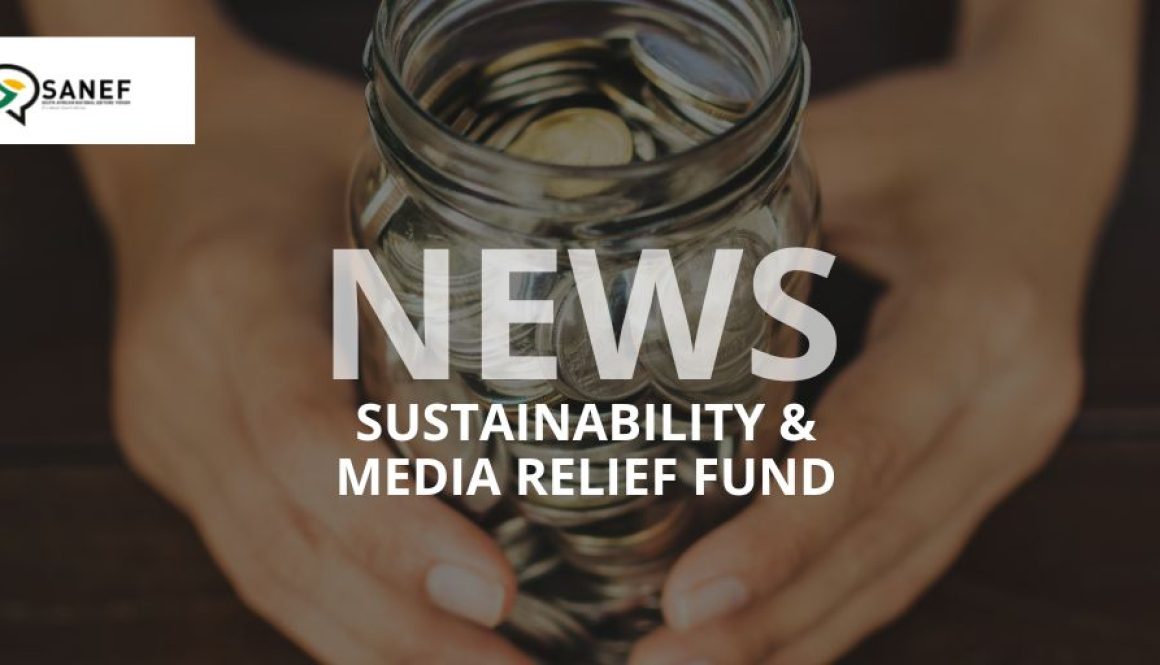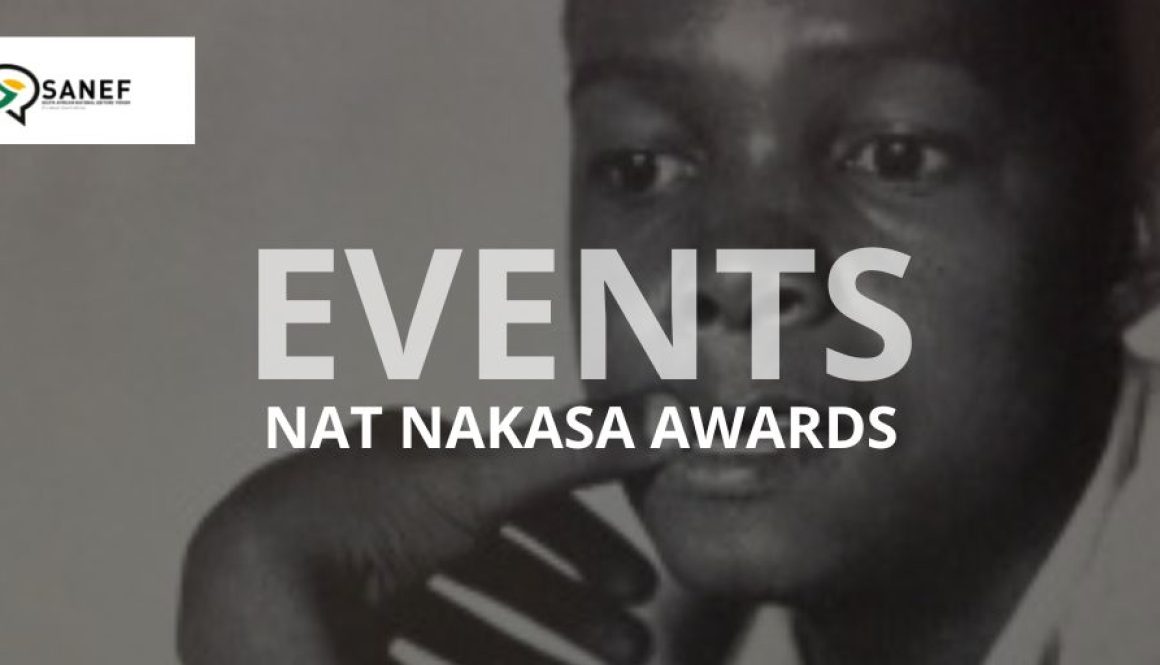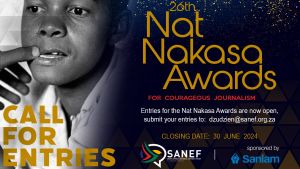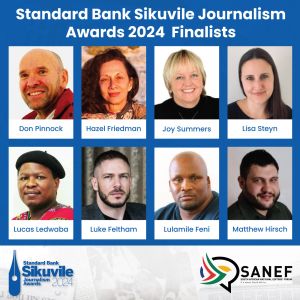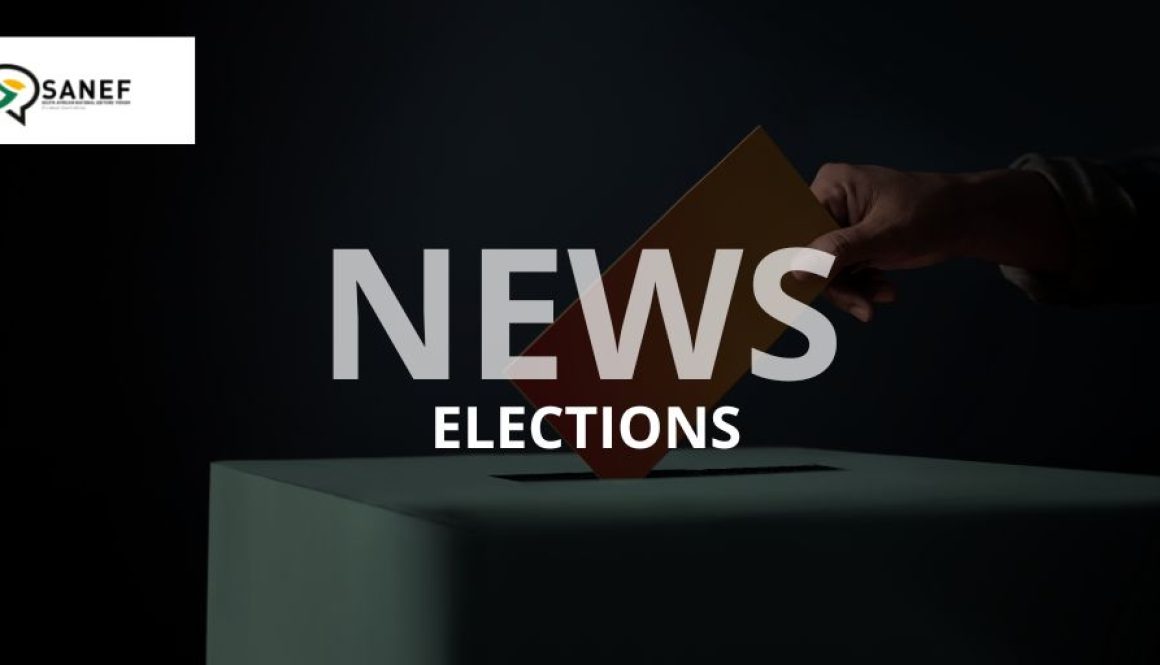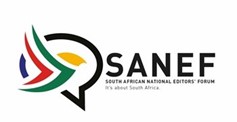SANEF’s AGM resolves to strengthen the efforts of the Media Defence Legal Fund – and stands in support of journalists in Palestine and Kenya
The South African National Editors’ Forum (SANEF), at its annual general meeting (AGM) at the weekend condemned the continued harassment and abuse our journalists experience in our courts, and those seeking to take news titles to court.
SANEF resolved to work closely with various local and international stakeholders as it seeks to formalise the establishment of a Media Defence Legal Fund. The purpose of the Fund will be to support journalists and media houses, particularly against those who use lawfare to intimidate news media.
One of the immediate matters on our radar regards the MK Party’s intention to take the SABC to court over the use of the Government of National Unity (GNU) definition, a move by the political party that we explicitly oppose. SANEF intends to become a friend of the court.
New Leadership
The Sowetan’s editor, former deputy chair of SANEF, Nwabisa Makunga, was elected as chairperson at this elective AGM, with the previous chairperson, Sbu Ngalwa, now assuming the treasurer-general role. Tshamano Makhadi is now the deputy chairperson and Glenda Daniels retains her position as secretary-general.
Dunisani Ntsanwisi was re-elected to be the chairperson of the community sub-committee; Katy Katopodis was also re-elected to be the chairperson of the journalism wellness and safety sub-committee; Makhudu Sefara was also re-elected to lead the media freedom sub-committee; Phathiswa Magopeni continues to lead the education and training sub-committee and Nicki Gules and Asanda Ngoasheng lead the diversity and ethics sub-committee.
Dianne Hawker is now the convenor in Gauteng, she will be supported by Heather Robertson, while Judy Sandison continues as convenor in KwaZulu-Natal, supported by Slindile Khanyile. In the Eastern Cape, Rochelle de Kock continues as convenor, Jude Mathurine will support her, while in the Western Cape, Sisanda Nkoala is the convenor, and Marenet Jordaan will support her.
Constitution Review
The AGM further resolved to review the organisation’s constitution, to be led by a review committee that the management committee would appoint. The review will be presented at SANEF’s next Council meeting in September. The review committee intends to look at several clauses that need clarity, such as the establishment of sub-committees.
Press Council of South Africa (PCSA)
The AGM resolved to allocate a percentage of funds raised from SANEF’s annual fundraiser dinner to financially support the Press Council of SA (PCSA). The PCSA remains independent and continues to do invaluable work with online and print media. Its continued sustainability concerns SANEF, hence we resolved to support it as much as we can.
Journalists in Palestine and Kenya
The AGM noted the continued killing of journalists in Palestine; since October 7, there have been 162 journalists killed. The latest to be killed was this past weekend when an Israeli strike targeting the central Gaza Strip killed a Palestinian journalist. Our hearts and support continue to be with the working media, and we reiterate the urgent call for the protection of journalists, and the killings to cease.
In Kenya, journalists are constantly harassed and shot at by a brutal police force. We join our media colleagues across the continent in condemning these senseless violent acts, carried out by a police force driven who are anti journalists.
Standard Bank Sikuvile Journalism Awards (SBSJA)
SANEF’s newly elected management committee and council wish to congratulate all the winners of the Standard Bank Sikuvile Journalist Awards, particularly, Lucas Ledwaba, for being awarded the Journalist of the Year, in 2024.
Note to Editors:
The South African National Editors’ Forum (SANEF) is a non-profit organisation whose members are editors, senior journalists, and journalism trainers from all areas of South African media. We are committed to championing South Africa’s hard-won freedom of expression and promoting quality, ethics, and diversity in the South African media. We promote excellence in journalism by fighting for media freedom, writing policy submissions, research, and education and training programmes. SANEF is not a union.
For more information, please contact:
- Nwabisa Makunga – Chairperson (082) 555-1972
- Tshamano Makhadi – Deputy Chairperson (082) 223-0621
- Dr. Glenda Daniels – Secretary-General (083) 229-9708
- Sbu Ngalwa – Treasurer General (073) 404-1415
- Makhudu Sefara – Media Freedom Chair (079) 177-2134
- Katy Katopodis – SANEF Wellness and Safety Chair (082) 805-7022
- Judy Sandison – SANEF KZN Convenor (082) 571-3334
- Rochelle De Kock – SANEF Eastern Cape Convenor (072) 969-8028
- Sisanda Nkoala – SANEF Western Cape Convenor (073) 138 5564
- Reggy Moalusi – SANEF Executive Director (071) 682-3695

